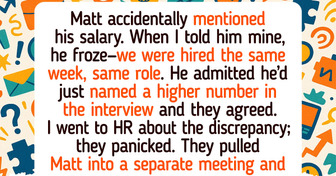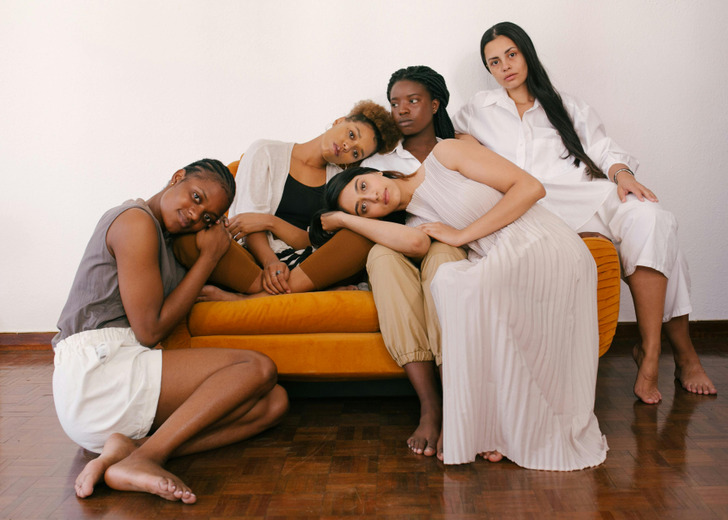It sounds like you have never been close to your mother or I feel like you would have shared this information with her. There is no shame in being unable to have children, I don't know if this has kept you from dating, or not. There is also no shame in being single. I would just tell her, if you already don't have a good relationship, it's not going to matter, or it could actually help to bring some understanding and improve things.
My Family Thinks I’m Choosing Pets Over Parenthood, but the Truth Is Something I Can’t Say Out Loud
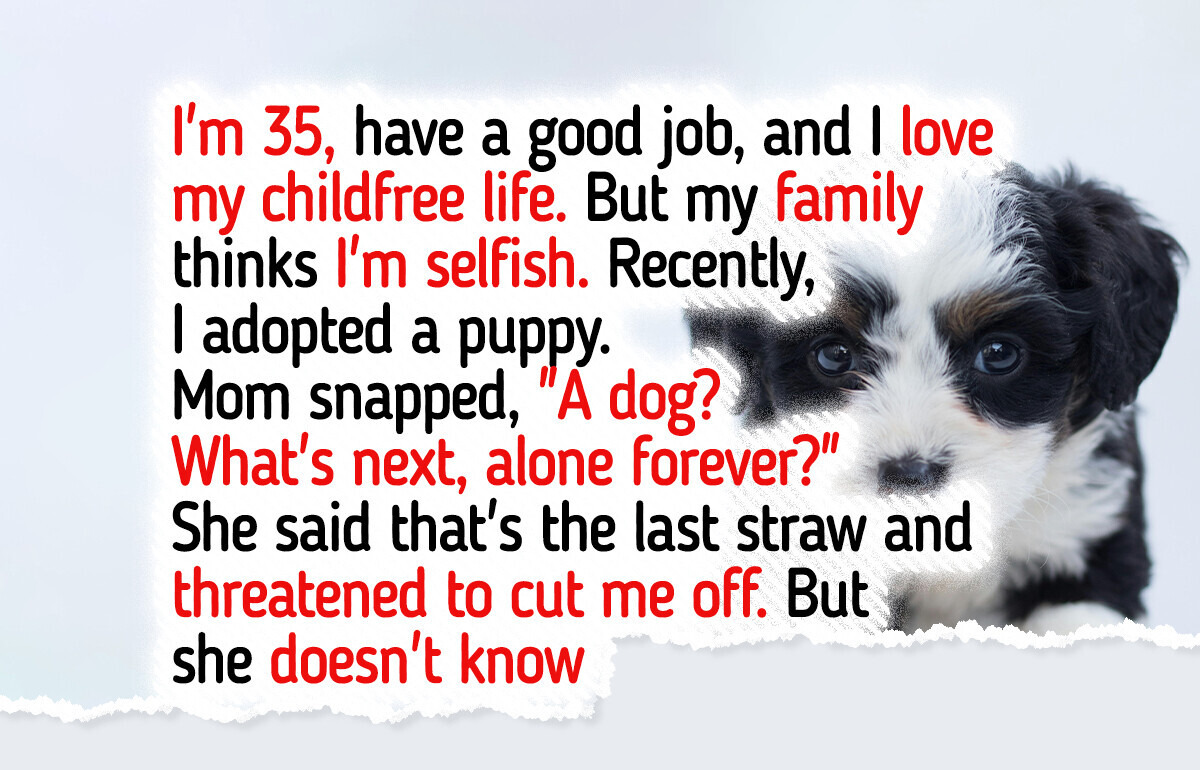
One of our child-free readers thought adopting a puppy was a joyful choice. But her mom’s reaction turned it into family drama, with threats of being cut off from her inheritance. Behind it all lies a secret she’s kept for years...a secret that changes everything.
Bright Side! What’s up?
I’m 35, have a solid job, and I genuinely love my childfree life. I travel, I eat out when I want, I sleep in on weekends. It’s calm, it’s mine, and honestly? I’ve never felt like I was missing anything. But to my family, apparently, that makes me selfish.
The final straw? I adopted a puppy. A tiny rescue mutt with the saddest eyes, who now follows me around like I’m her whole world. I was over the moon, until I told my mom.
Her face twisted like I’d just confessed to joining a cult. “A dog? What’s next, you’re alone forever?” she snapped. Then she hit me with: “This is the last straw. If you keep going down this path, don’t expect anything from us.” She meant money, inheritance, support, all of it.
The wild part is, my family doesn’t know the truth. I physically can’t have kids. I found out years ago, and I made peace with it. I never told them because I didn’t want to deal with the pity looks or the constant “are you sure?” talks. It felt easier to just keep it to myself and live my life.
But now? They’re furious, not because I’m struggling with infertility, but because I chose a puppy over “real” children. They think I’d rather play dog mom than give them grandkids. And watching my sibling with their two kids hasn’t helped. They’re the golden child now, and I can feel the scales tipping even more.
What stings is how quick my mom was to weaponize money. She straight up threatened to cut me off, like my worth is measured in offspring. As if her love is a reward system: babies = approval, no babies = punishment.
And yeah, I’d be lying if I said I wasn’t worried about the inheritance. I’ve worked hard for my own stability, but family money does matter in the long run. Hearing her say it so bluntly made me realize she might actually mean it.
Was I wrong for keeping it a secret? Maybe. But I also don’t think I owe anyone an explanation for my body. If adopting a puppy makes me “selfish,” then fine. I’ll be selfish, happy, and covered in dog hair.
Helena
Helena’s story shows how deeply family expectations can wound, especially when they overlook private struggles. For her, motherhood was never an option, yet she’s still judged for choosing a different kind of love. Now she must balance her truth with her family’s disappointment.
Recognize the stigma is about them, not you.
Helena, it’s important to remember that much of the criticism you’re facing isn’t really about you, it’s about the weight of social expectations. For generations, parenthood has been treated as the ultimate milestone, and when someone takes a different path, it unsettles people who’ve absorbed that norm.
Your mother’s harsh words reflect that cultural script, not a truth about your character or your choices. When you feel judged, try to reframe it: their discomfort stems from their own assumptions, not your decisions. By recognizing this, you can protect your peace and avoid internalizing their negativity as your responsibility.
Find comfort in connecting with others.
The isolation you feel is something many in your position experience, but it doesn’t have to be permanent. One of the most powerful steps you can take is connecting with others who truly understand what you’re going through.
Whether it’s online communities, local support groups, or trusted friends who respect your choices, finding that network can ease the sense of being judged or excluded. These connections provide a safe place to share your feelings, hear from others on similar paths, and remind you that you are not alone. Sometimes knowing you’re understood is the first step toward healing.
Share your story only on your terms.
You have every right to protect your privacy, especially if sharing only invites pity or judgment. Keeping certain details to yourself can safeguard your peace of mind and give you control over your own story.
At the same time, openness (when it feels safe) can bring unexpected relief. By choosing carefully who to trust, you may find support from people who’ve faced similar struggles, and that connection can ease feelings of isolation. It’s not about telling everyone or no one, but about finding the balance that allows you to feel both respected in your privacy and supported when you need it.
Helena’s story is a reminder that choosing a different path in life often comes with judgment, but also with strength and resilience. Families don’t always understand, yet finding peace in your choices matters most. For another perspective on family, inheritance, and expectations, you might find this story thought-provoking.
Comments
"Mom, just so you know, I'm unable to have kids. Which, if you cared about me, you'd have discovered during one of many caring conversations. The ones you couldn't bother to have. So, this is goodbye." And block her after sending it.
I would weaponizing this right back. And be like so your punishing me because I can't have kids.
Related Reads
My Grandpa Left His Inheritance to Me, and It Sparked a Huge Conflict in My Family
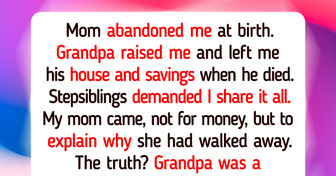
11 Stories That Remind Us Kindness Takes a Minute, but Means the World
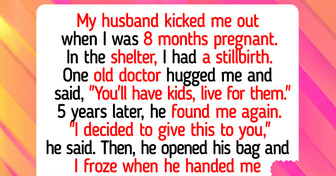
13 Stories That Show the Softest People Have the Strongest Hearts
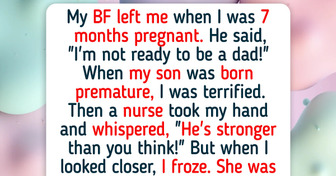
11 Moments That Prove Kindness Is the Warmth the World Needs
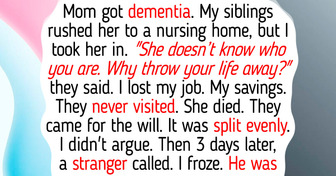
I Canceled My Sister’s Free Childcare—Her Cruel Words Cost Her My Support
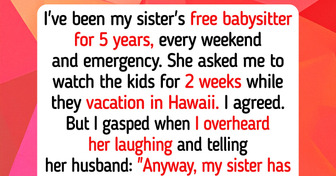
I Refused to Chip In for Our “Mandatory” Work Party—HR Stepped In Fast
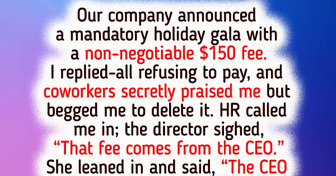
I Refuse to Return to the Office After My Coworker’s ‘Prank’ Revealed His Darkest Secret
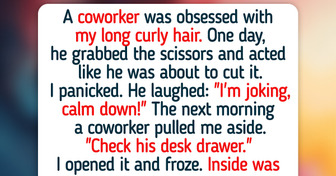
I Refused to Pay for My 80-Year-Old Nana’s Medical Bills—My Kindness Meant Nothing to Her

I Refuse to Sacrifice My Retirement Dream for My Unemployed Son
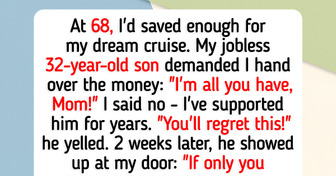
I Refused to Earn $25K Less Than a New Hire—So I Pulled a Move No One Saw Coming
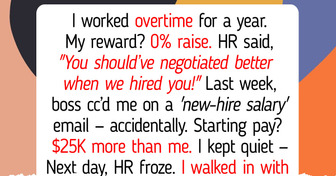
17 Moments That Prove Even Small Kindness Can Be Powerful
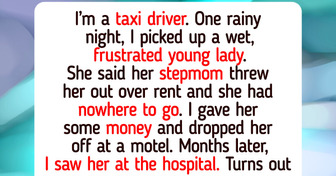
I Asked Why My Coworker Makes More—HR Panicked and the Truth Is What I Didn’t Expect
